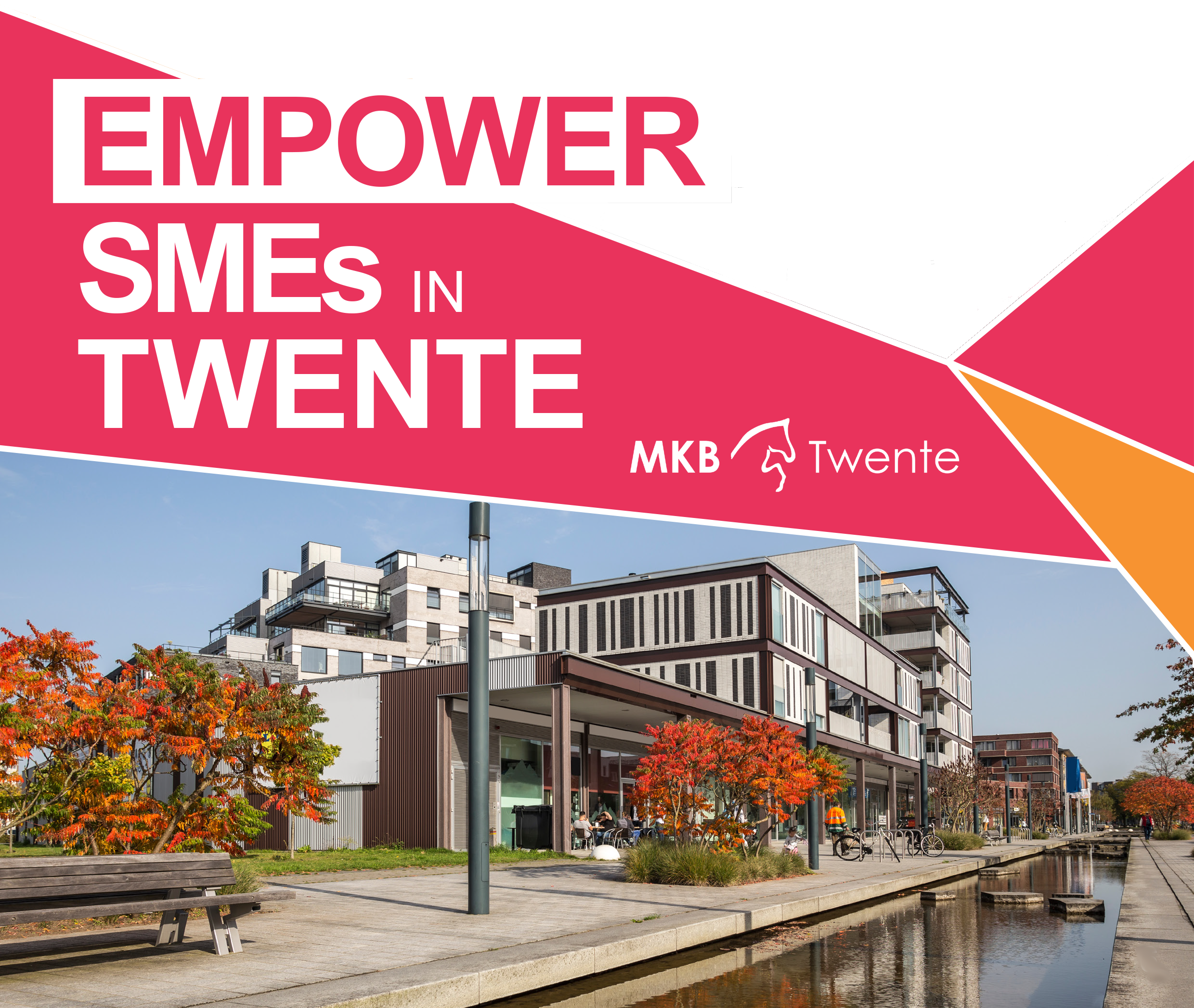UNLOCKING LIFELONG LEARNING
To Empower SMEs In Twente
In regions like Twente, small and medium-sized enterprises (SMEs) play an essential role in the local economy. However, recent trends reveal a shifting labour market landscape, marked by challenges like slower job growth and an ageing workforce. In response, SMEs can embrace lifelong learning as a cornerstone strategy to not just survive but thrive in this evolving environment.
Twente is renowned for its industrial prowess and innovative ethos and experienced significant job growth between 2020 and 2022, with employee positions soaring by 19,400, underscoring the region’s resilience. However, subsequent years saw a notable slowdown, particularly in sectors such as construction, manufacturing, and financial services, signalling a pivotal moment for SMEs to innovate and sustain their growth amidst emerging challenges.
One of the pressing challenges facing SMEs in Twente is the “vergrijzing” or greying of the workforce. With more individuals nearing retirement age, the region faces the risk of a talent drain, amplifying labour shortages, especially in sectors like public administration, education, and transport & logistics. Urgent proactive measures are needed to address this demographic shift.
In response to these challenges, the concept of “work-fit” emerges as critical for SMEs in Twente. Ensuring that employees, particularly those aged 50 and over, remain relevant and employable through continuous learning and development initiatives becomes imperative. By fostering a culture of lifelong learning and investment in inclusive personnel policies, SMEs can empower their workforce to adapt and contribute to organisational growth.
However, the worrying trend of reduced employee participation in training and courses continues, influenced by factors such as the COVID-19 pandemic, increased workforce flexibility, and a tightening labour market. In this fiercely competitive environment, encouraging employees to prioritise investing in their employability poses a significant challenge for SMEs aiming to cultivate a culture of continuous learning.
However, amidst these challenges, there’s a silver lining. Research by UWV covering Twente’s employers reveals a significant commitment to investing in employee training, primarily to enhance job-related skills and knowledge. Additionally, nearly half of employers foresee certain skills becoming more critical in the next five years, reflecting a proactive approach to addressing future challenges.
Employers in Twente adopt diverse training methods, from formal diploma courses to informal learning facilitated by colleagues and supervisors. This adaptable approach underscores SMEs’ resilience in embracing innovative solutions to nurture talent and foster growth.
Furthermore, SMEs can consider untapped talent pools, such as international candidates and the youth market, to address labour shortages and infuse fresh perspectives. Leveraging the expertise of institutions like the University of Twente and reaching out to diverse demographic groups can enrich talent pipelines and fuel innovation.

In this dynamic landscape, organisations like the Fraunhofer Innovation Platform for Advanced Manufacturing at the University of Twente (FIP-AM@UT) play a pivotal role. By providing tailored support and resources, including access to training programmes, mentorship initiatives, and talent acquisition strategies, FIP-AM@UT can empower SMEs in Twente to thrive amidst evolving market dynamics.
Ultimately, lifelong learning emerges as the cornerstone of success for SMEs in Twente. By embracing continuous development and inclusivity, businesses can unlock their workforce’s full potential and pave the way for a prosperous future.

